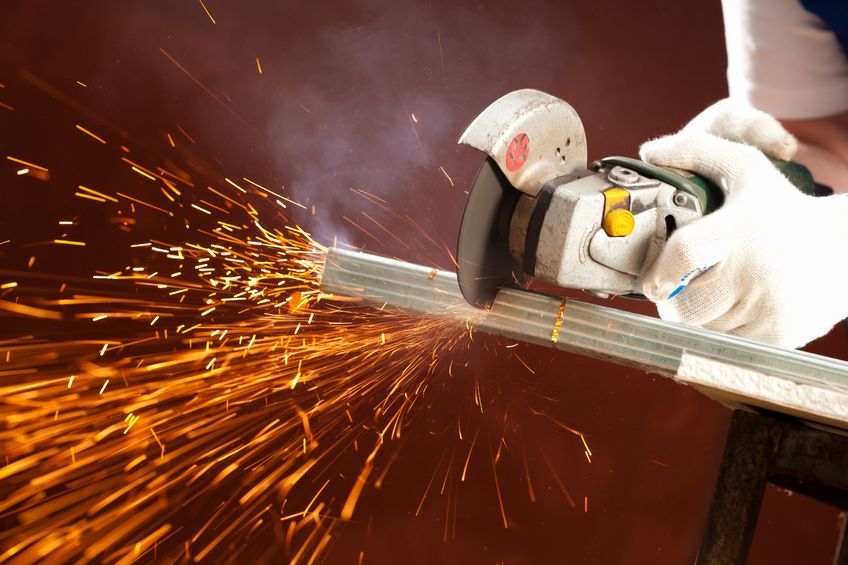Nickel alloys offer excellent corrosion and wear resistance. However, in extreme conditions where corrosion and excess heat is a major problem, some applications need more protection. Nickel based super alloys with properties like AMS 5663 serve this purpose well. Here are some of the benefits these materials have to offer.
Alloy or Superalloy?
Does your application need a superalloy or will a standard nickel alloy work? To answer this question, ask yourself what applications your materials serve. Here are some reasons to consider a superalloy:
- Temperature – Are your parts or components exposed to extreme heat? Maybe your materials experience very cold environments. Sudden and drastic temperature changes can affect common alloys and weaken them.
- Corrosion – do you need materials with good resistance to corrosion and also offer excellent strength? If so, a 304-grade stainless steel may work fine. However, if you need exceptional strength and a high degree of protection against corrosion, a nickel-chromium superalloy like Inconel 718 AMS 5663 is the better choice.
- Strength – some metals are strong under normal circumstances, but what happens when they are in very cold environments. Steel alloys get brittle in the cold and lose strength at high temperatures. If your materials get extremely hot or cold or undergo major temperature changes, something like 718 AMS 5663 superalloy is best.
Why Nickel Alloys?
Nickel is a very hard metal and has a natural resistance to corrosion. That is why it is one of the ingredients in stainless steel. When you add chromium and nickel to iron, you get a strong metal with excellent corrosion resistance. However, when applications need super properties, you need a superalloy like 718 AMS 5663. Here are the main alloys:
- Nickel
- Chromium
- Iron
- Columbium
- Molybdenum
- Titanium
Your alloy and superalloy metal supplier can help you choose the best materials.
